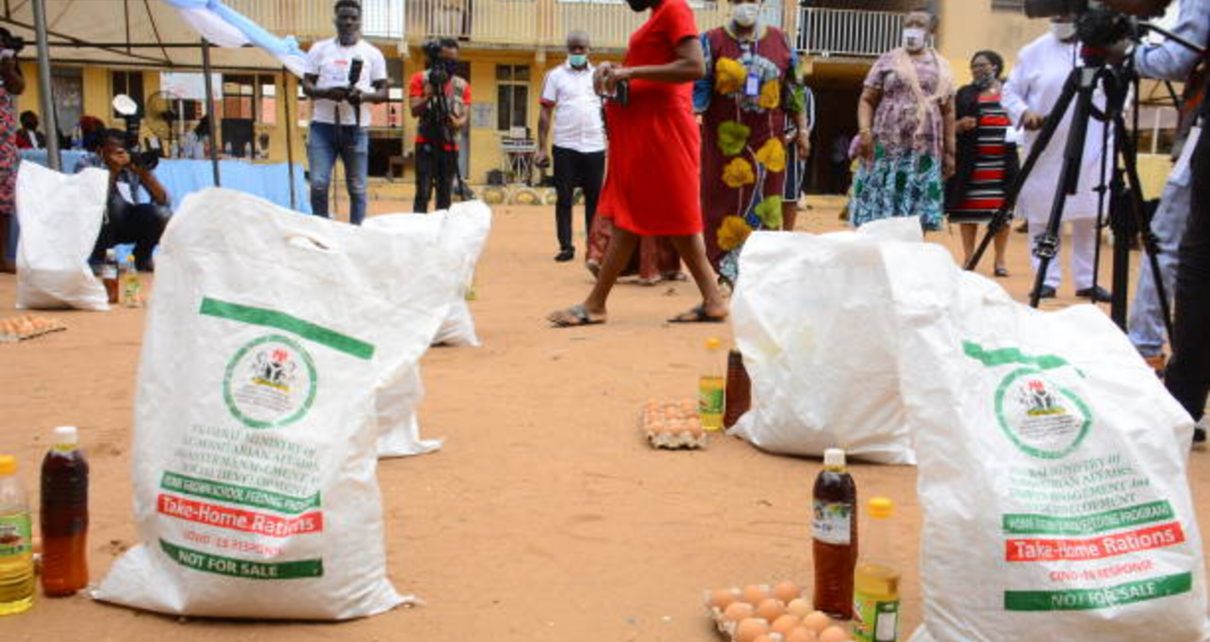In a concerted effort to alleviate the impacts of food shortages and hardships stemming from ongoing reforms, Nigeria has sanctioned a substantial sum of 180 billion naira ($235 million) for its 36 states. This financial injection is intended to enable the procurement of rice and maize, essential staples that have witnessed escalating prices due to a confluence of challenges across the country. Borno State Governor, Babagana Zulum, confirmed this development on Thursday.
President Bola Tinubu has embarked on a series of bold reforms, a paradigm shift of unprecedented proportions in Nigeria. These measures encompass the elimination of a popular but burdensome petrol subsidy and the devaluation of the naira. The overarching objective behind these reforms is to invigorate economic growth and steer the nation towards a more prosperous trajectory.
However, the path to revitalization has been accompanied by unintended consequences. Notably, inflation has surged to an 18-year zenith, exacerbating the prevailing cost of living crisis. The soaring prices of essential food commodities can be attributed to a complex interplay of factors, including widespread insecurity, agricultural setbacks due to flooding, currency depreciation, and elevated transportation costs.
The imminent release of Nigeria’s second-quarter growth data on August 25 will provide a comprehensive snapshot of the initial outcomes of Tinubu’s transformative initiatives.
Babagana Zulum revealed the specifics of the financial allocation, elucidating that each state will receive 5 billion naira. This sum will be a combination of a grant and a 2-year loan, earmarked for the purchase of 100,000 trucks of rice and 40,000 trucks of maize. Zulum shared this information subsequent to a pivotal National Economic Council (NEC) meeting presided over by the vice president in Abuja.
“The NEC expressed profound concerns about the escalating costs of food items and transportation, among other challenges, following the subsidy removal,” Zulum conveyed to reporters.
The potency of President Tinubu’s reforms is being evaluated in the context of a multifaceted socio-economic landscape. As unions advocate for relief for households and enterprises, Tinubu’s elimination of the fuel subsidy has attracted scrutiny. Labor unions have voiced reservations, citing a lack of commensurate measures to counterbalance the resultant price surge.
Last month, in a proactive move to alleviate strain, Tinubu announced a 500 billion naira stimulus package to fortify employment opportunities. Additionally, he directed the release of over 200,000 metric tonnes of grain to families in need.
Tinubu is resolute in his commitment to reinvesting subsidy savings into pivotal infrastructure initiatives. A forward-thinking strategy entails the use of natural gas-powered mass transit buses along with a variety of electric vehicles, each with charging stations, throughout Nigeria. This concerted effort seeks to alleviate the burden of transportation costs and simultaneously promote sustainable energy practices.


